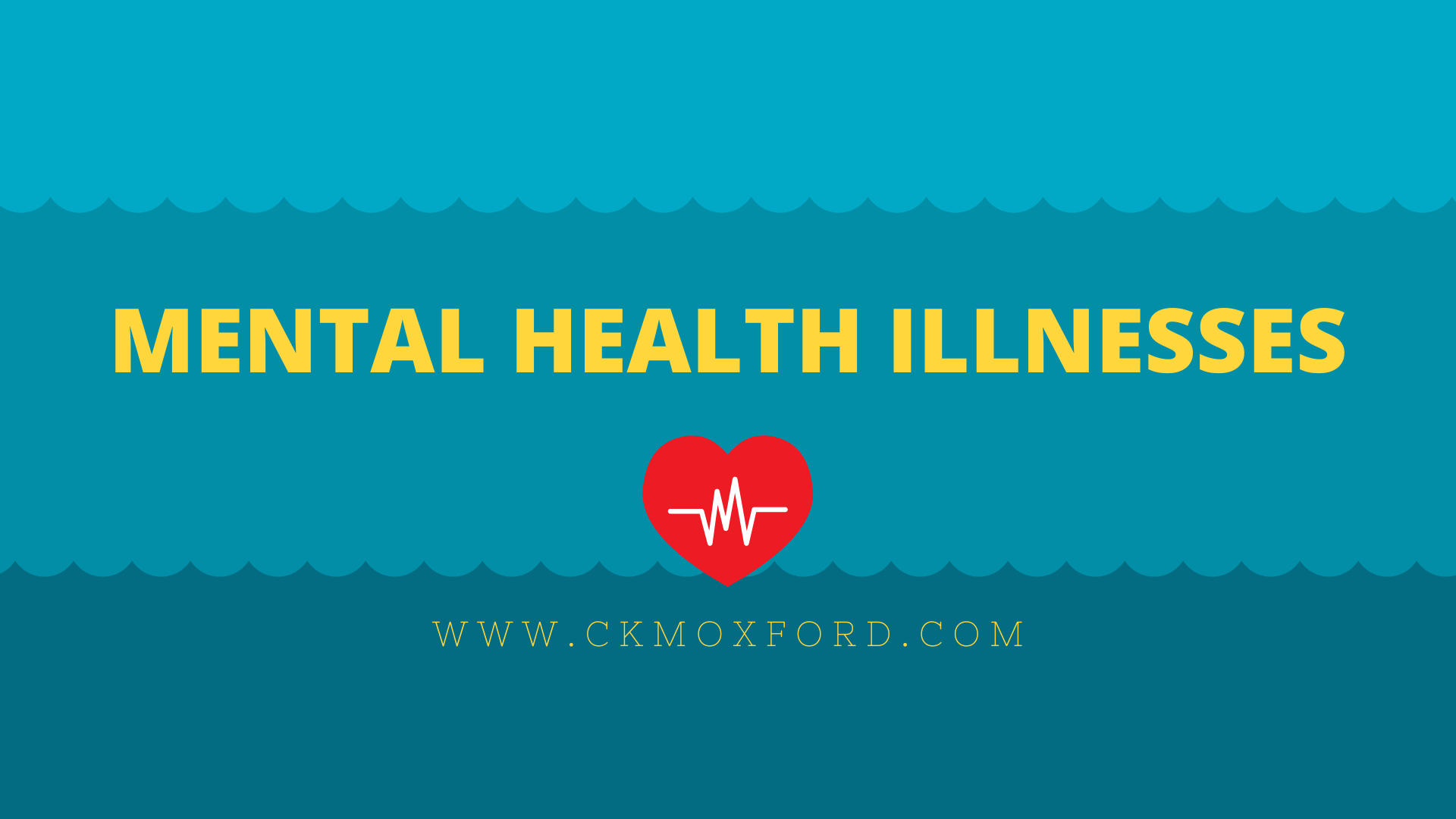STRESS

WHAT IS STRESS
Stress can be defined as the physical, mental and emotional reactions we experience as a result of changes and demands in life.
It is a term which is used to describe how people feel when faced with situations they find difficult to cope with.
Stress is a natural part of life. It helps us to cope with the challenges of daily life. A small amount of stress can help us to deal with the things that are going on around us.
Stress is the body's way of protecting us. When working properly, the stress response helps us to stay focused, energetic and alert.
In emergency situations, stress can be a lifesaver, it can provide the extra strength needed to defend ourselves, for example.
Stress also helps us to meet challenges. Stress is what keeps us on our toes at work, it's what drives us to meet deadlines, or drives us to study for an exam when we would rather be watching the TV.
But beyond a certain point, stress stops being helpful and starts to cause damage to our health, mood, productivity, relationships and quality of life.
POSSIBLE CAUSES OF STRESS
The situations and pressures that cause stress are known as stressors. We usually think of stressors as being negative. However, anything that puts high demands on an individual or forces them to adjust can be stressful. This includes positive events such as getting married, buying a house. going to University or gaining a promotion at work.
What causes stress depends, at least in part, on the individual's perception of it.
Something that is stressful for one person may seem trivial to someone else, they may even enjoy it.
While the situations that trigger stress vary from person to person, there are some life occurrences that are common sources of stress.
Here are some examples that can cause stress:
Home life- Demands placed by children, spouses, parents and siblings.
Life changes- Marriage, pregnancy, divorce and death.
Money-Cost of living, potential loss of job.
Work-workplace demands, lack of colleagues, management changes, new roles.
Illness-Physical symptoms such as chronic pain, injury.
Although it is a commonly used work, many people do not understand the long-term implications of stress.
The symptoms and feelings people have when experiencing stress can make daily tasks difficult.
Stress affects the performance of the brain. When people are under stress, their memory suffers. Stress can cause irritability and nervousness. Constant stress can trigger physical conditions such as high blood pressure.
Stress affects everything we do and it could affect the following areas of our life's with some examples:
Emotionally-anger, fear, anxiety, self doubt, irritability and impatience.
Behaviourally-Less sociable, less caring, more hostile and insensitive towards others.
Mentally-Thoughts may become jumbled and confused. Negative feelings and fearing the worst also increase worry and stress.
Physicaly-Muscle tension increases, headaches, dizziness, jaw ache and even insomnia.
INTERNAL DEMANDS
Low self-esteem
Fear
Uncertainty
Self-criticism
Jealously
EXTERNAL DEMANDS
Environmental demands
Relationship demands
Workplace demands
Social Situations
The long-term activation of the stress-response system and the subsequent overexposure to cortisol and other stress hormones can disrupt the way the body functions, and this can put the individual at increased risk of various health problems, including:
Heart disease
Diabetes
Sleep disturbances
Digestive problems
Depression
Obesity
Memory impairment
Worsening of skin conditions, such as eczema.
It is for those reasons that it is so important for individuals to learn healthy ways to cope with the stressors in their daily lives.
Steps that could be taken to reduce or manage stress
Stress is not an illness itself but if we learn to manage it then it will make our daily lives easier.
Below are some steps we can do to help manage the stress levels:
- Identify the cause that is making us stressed.
- Assess work/life balance and learn to separate it.
- Do exercise regularly (Look at my fitness pages for some ideas)
- Learn to relax-use music or do breathing exercises.
- Make lifestyle changes such as cut right down on smoking and drinking
- Try to get enough sleep.
- Know your limits. There is only so much we can do in a day!!
- Be mindful.
Support that is out there for someone who is experiencing stress.
As mentioned before, stress is good for us but too much of it will have a negative impact on our health.
Everyone has stress so there is no need to feel like you are alone.
Here are some examples of people who can help you through your experience of stress:
GP
Family and friends
CBT
Mindfulness classes
Charities.
Yoga classes
If you feel like you are really struggling then always seek professional help as they are trained to help you with what you are going through.
Comments